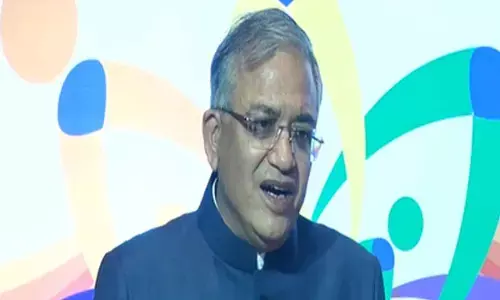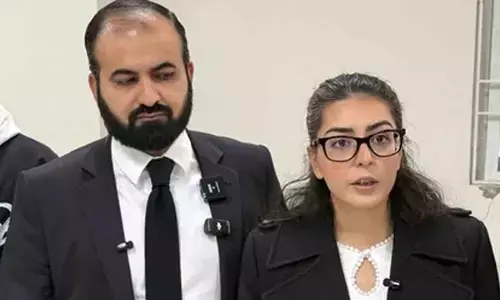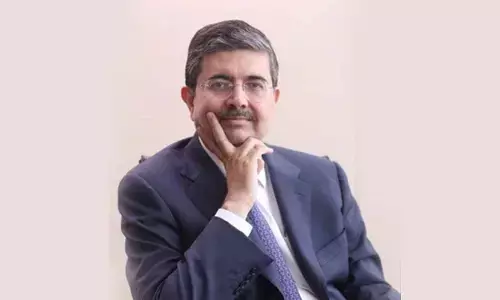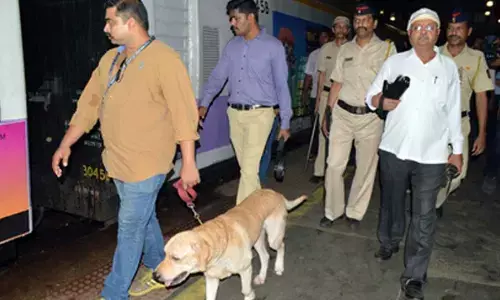DDD Workshop Concludes on Day 21: Pharma industry-academia collaboration a win-win for new drugs
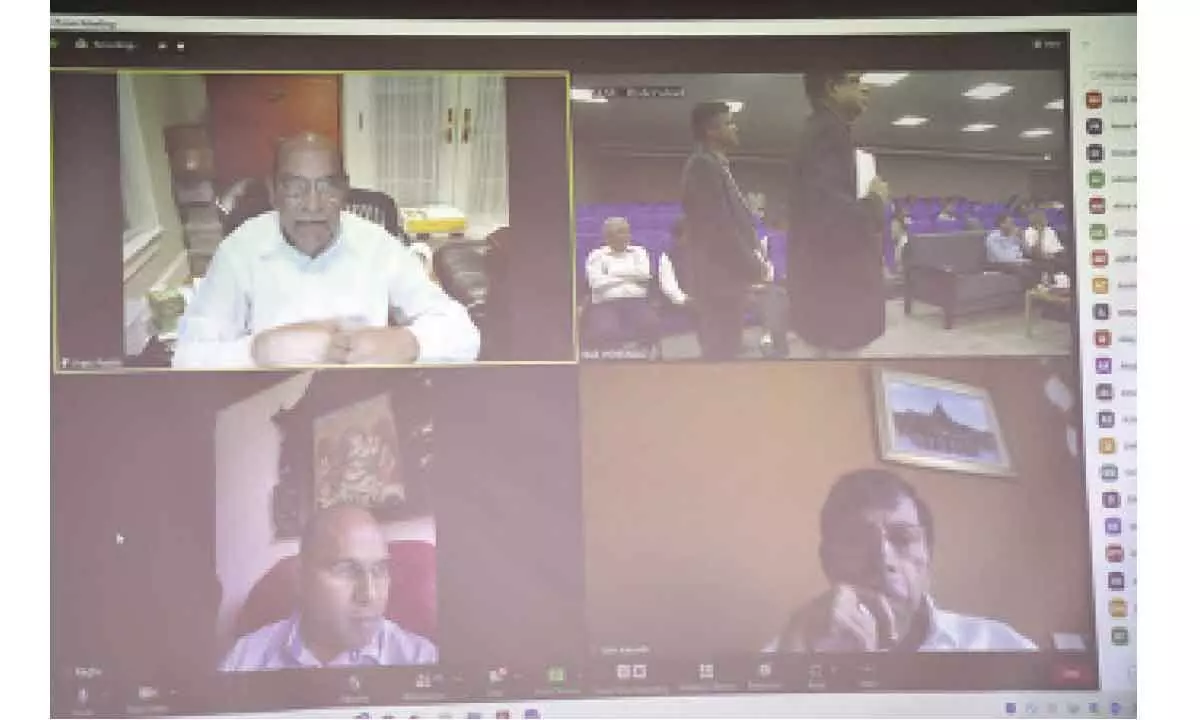
Seed funding of $8 million in the US and probably lesser is needed to start a biotech company in India, says Prof E Premkumar Reddy, Director, Icahn School of Medicine, New York
Hyderabad: A strong collaboration between academia and pharma industry is a win-win situation as strengths of each can be combined to develop a cost-effective drug, says Prof E Premkumar Reddy, Director, Icahn School of Medicine, New York. He was the chief guest for the valedictory day of the Drug Discovery and Development workshop on Sunday.
The 21-day workshop was organised by FABA (Federation of Asian Biotech Associations) Academy in collaboration with US-based non-profit organisation Science Gurus, and the University of Hyderabad. The online event was also supported by World Trade Center (WTC) Shamshabad and Visakhapatnam.
The valedictory event was conducted in hybrid mode at the National Institute of Animal Biotechnology (NIAB) Centre in the city. Attending it virtually from the US, Prof Premkumar stressed up on the tie-up between academia and pharma industry to mitigate risks, time and costs in developing a new drug.
He also spoke about the criteria needed to start a biotech company, cost of failure in developing a drug,utilising technology to reduce the time frame in bringing out a drug, and benefits of collaboration between academia and pharmaceutical companies.
"China and India are increasingly becoming important ascountries for filing of patent which was not the case earlier. Other strong markets are USA, Europe, Japan and Korea. Seed funding of $8 million in the US and probably lesser is needed to start a biotech company in India," Reddystated while speaking about the factors needed to start a biotech company in the US.
He further said that a strong scientific team with ties to academia, a group of scientific advisors, board of directors with experience in the pharma industry and clear laid out clinical path are the othersmuch needed to get a biotech company running and successful.
According to the professor, lack of molecules or technology do not add on to the cost of developing a drug but strict US FDA regulations results in around $2 billion spent into getting a drug approved.
"About 45 per cent of molecules that enter clinical trials fail in phase-two due to poor efficacy. With advancement in technology the time consumed into developing a drug can be reduced. For a pharma company to reach the phase-one of clinical trial $22.7 million is needed whereas for academia, the same would be $2 million, and most of the funds are received as grant," he added.
Later in the event, a panel discussion on the future of drug discovery in India was moderated by Uday Saxena, Co-founder, Reagene Innovations. The panel speakers include Dr CSN Murthy, CEO, Satya Pharma Innovations; Dr Manish Diwan, Head-Strategic Partnership, BIRAC-India; Dr Suresh Poosala, Founder-CEO, Oncoseek Bio and Acasta Health; Dr Vijay Pal Singh, Assistant Professor, AcSIR; Dr Prashant Bhavar, Founder, VRise Therapeutics; and Dr Ratnakar Palakodeti, VP, Persistent Systems.
The discussion revolved around obtaining license from FSSAI and shift in regulatory guidelines over the next one year period in India; funding available for startups working in this domain; risk capital coming into pharma startups; nascent biotech ecosystem of India; introducing regulations for creating common platform for academia, pharma industry and other stakeholders.
For the 21-day workshop, 48 speakers covered topics related to drug discovery. Around 91 participants had registered from various countries including France, UK, US, Nigeria, India and Iran. Also, 24 participants presented their ideas of which 11 were selected as winners.








